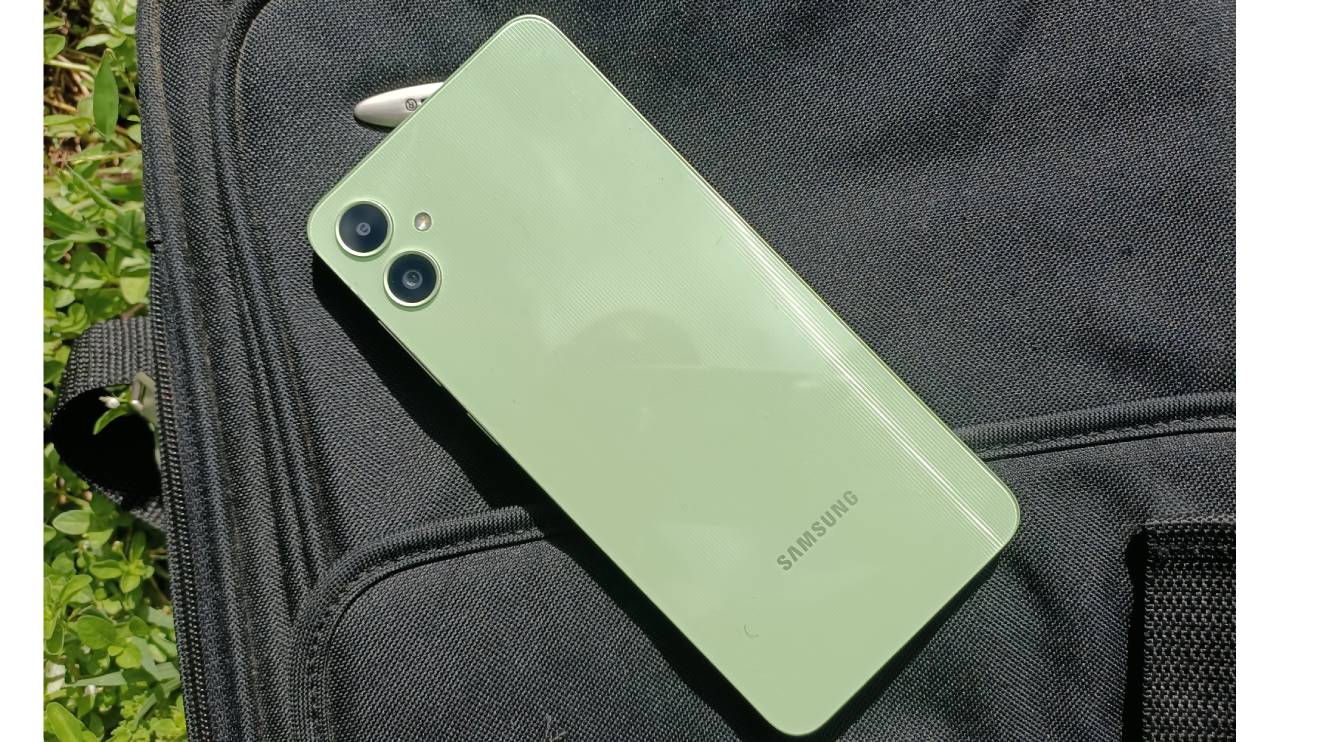The Kenyan Government, through the Ministry of Health, launched the 10-day Measles and Rubella vaccination campaign on June 24, 2021, in Kajiado.
The exercise is targeted at 22 counties that were identified and classified as high-risk zones by the World Health Organization after conducting a risk assessment.
The free exercise targets 3.5 million children between the ages of 9-59 months immunized against the disease in those counties and will run from June 26, 2021, to July 5, 2021.
Announcing the launch of the campaign, Health Chief Administrative Secretary Mercy Mwangangi urged leaders to mobilize resources to support immunization services.
"Immunization being the most cost-effective public health intervention should be embraced dearly by all of us. I appeal to my fellow leaders to mobilize resources to support immunization services at all levels and also encourage their communities to go for vaccination," said Mwangangi.
Read More
The counties targeted by the exercise include Bomet, Bungoma, Kakamega, Narok, Vihiga, Tana River, Trans Nzoia, Elgeyo Marakwet, Busia, Homabay, Migori, Kisii, Kajiado, Nairobi, Garissa, Baringo, West Pokot, Turkana, Kilifi, Mandera and Wajir.
All public health workers and about 16,1000 healthcare workers will assist in the execution of the exercise, which will happen in 5, 061 designated vaccination post.
The posts will be set up in public places such as schools, churches, mosques, markets and any other social places.
There will also be mobile vaccination teams in addition to all the public facilities in the mentioned counties.
Director-General for Health Dr. Patrick Amoth emphasized that the vaccine which will be administered to the children is safe and urged parents to bring their children for immunization since 2.1 million children are susceptible to be a highly infectious disease.
"It is up to us to be able to act individually, collectively and wholesomely to be able to avert that crisis," he said.
World Health Organization (WHO) representative in Kenya Dr. Rudi Eggers also stressed that no child should suffer measles or die because of the same in the wake of an effective vaccine.
"Vaccination against measles will protect children from this debilitating disease, which is one of the leading causes of death among children less than five years old. Therefore, vaccination against measles will further reduce measles mortality and contribute significantly to sustainable development goals SDG3 and SDG4," he said.
Eggers noted that despite the progress Kenya has made in the fight against the disease, it has still continued to experience Measles outbreaks since 2016 when the last nationwide measles-rubella vaccination was conducted.
Measles causes death among children and is highly infectious. Likewise, Rubella is highly infectious and can cause serious health complications in newborns.

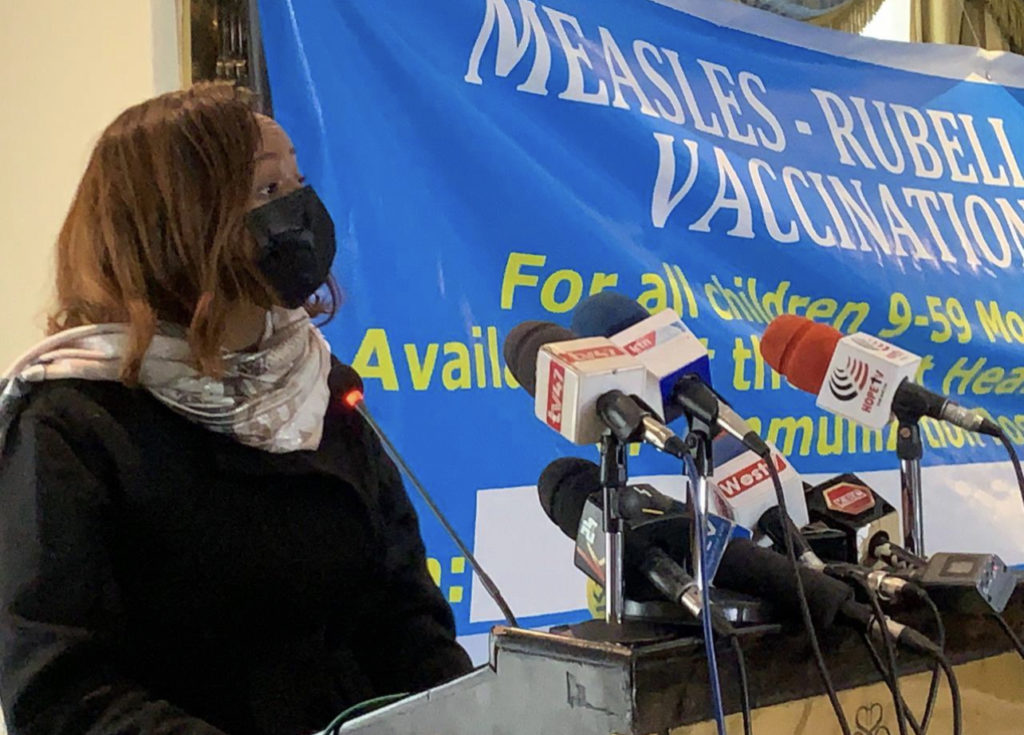
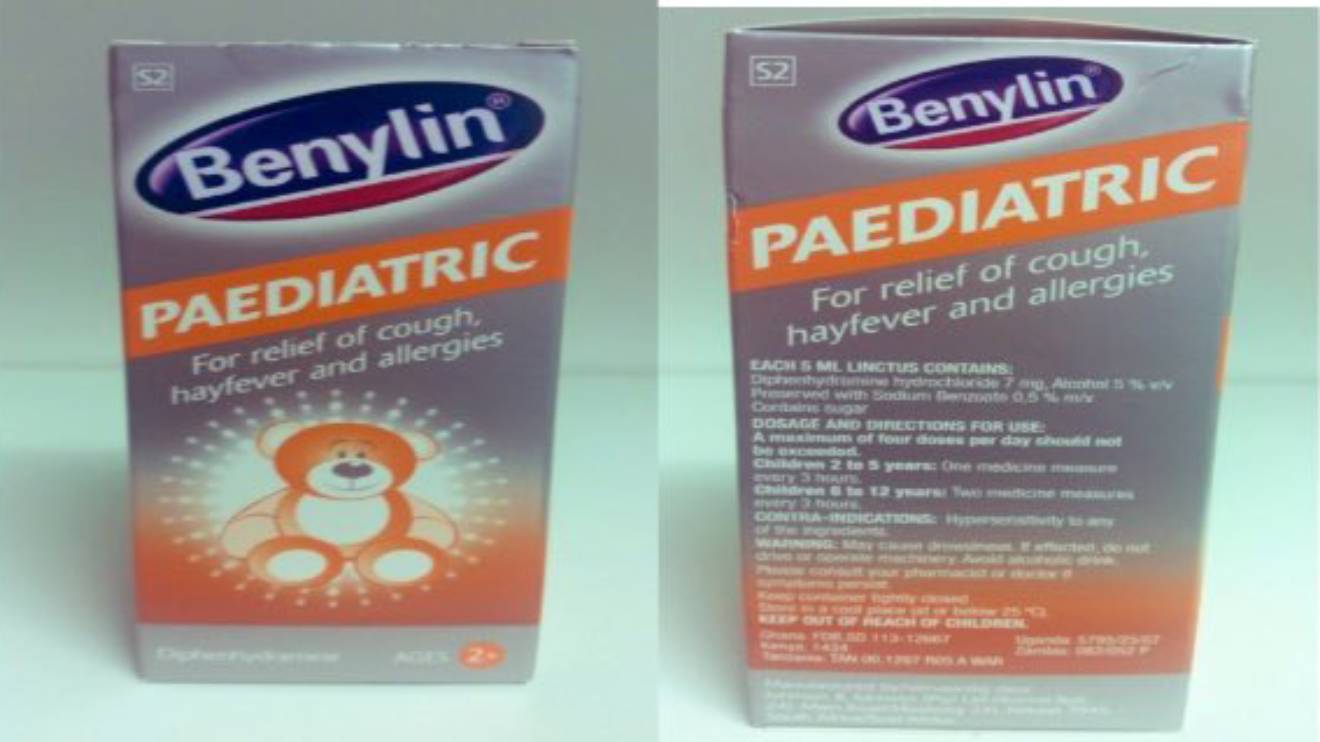
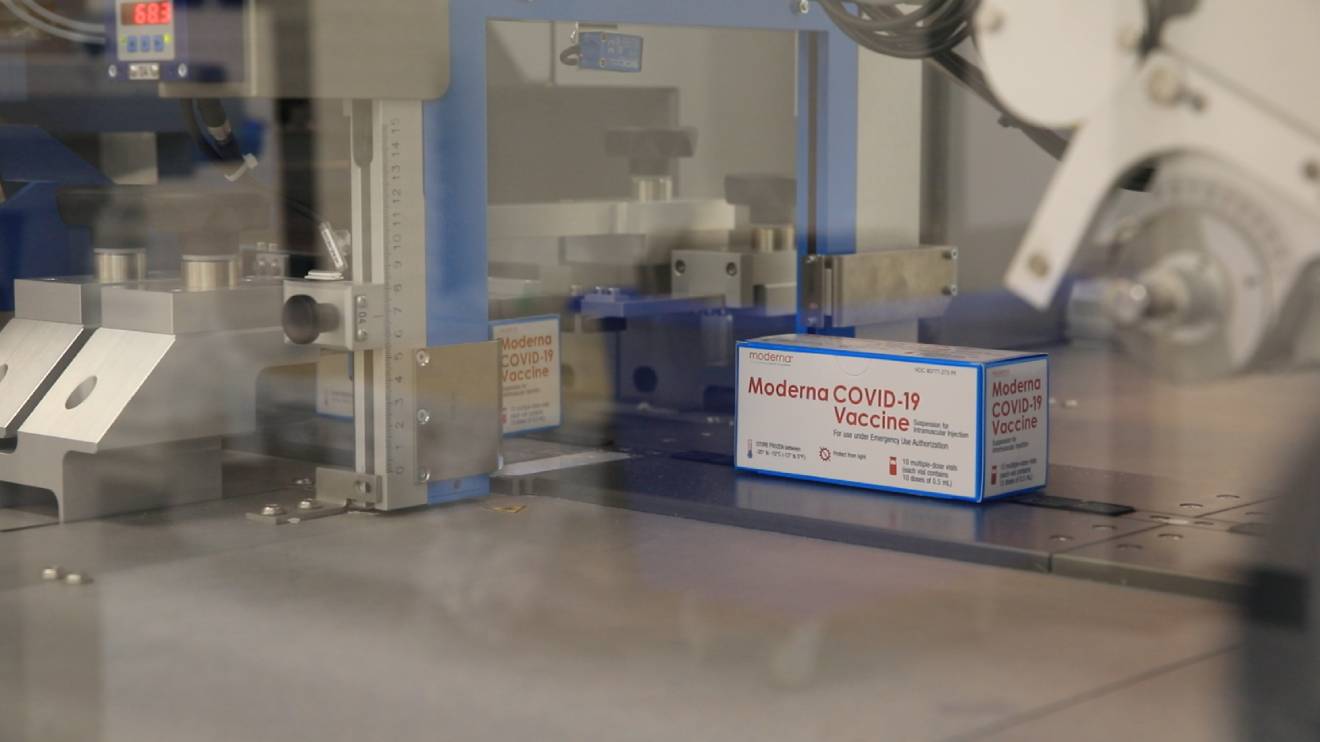
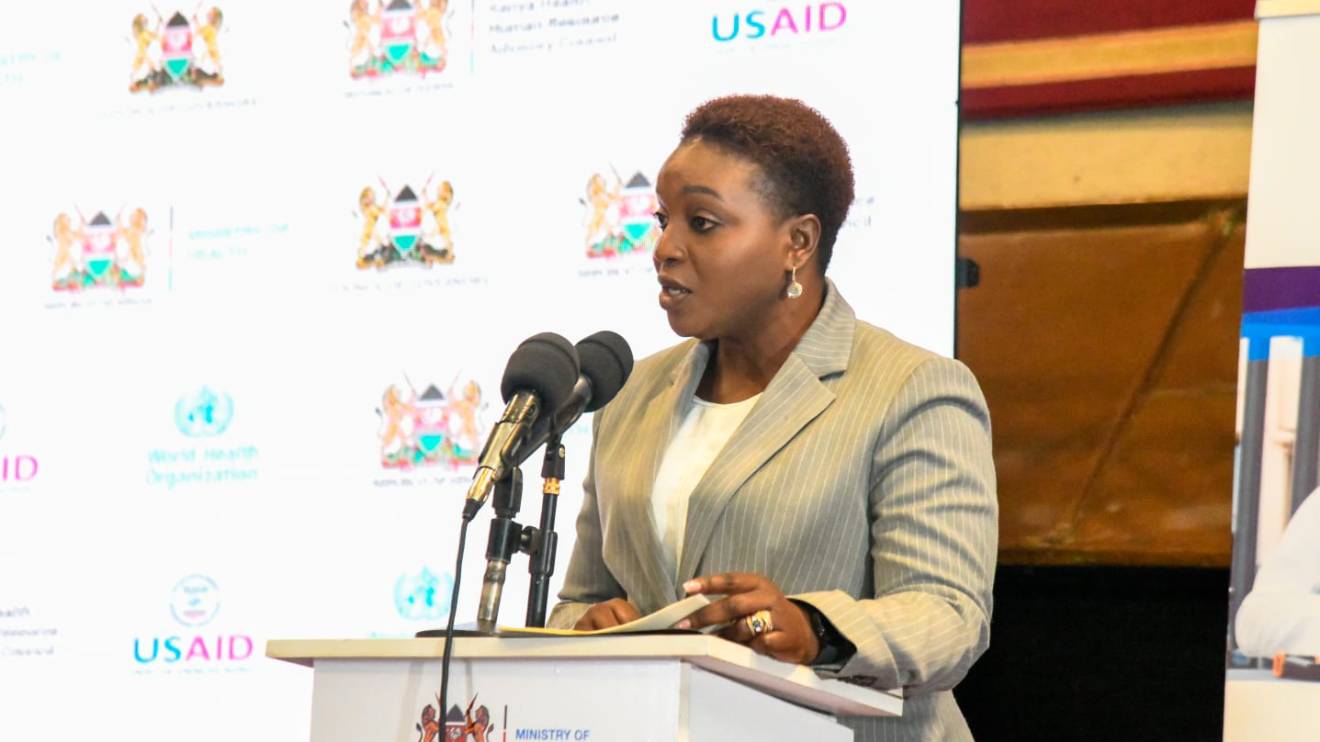
-1712162090.jpeg)
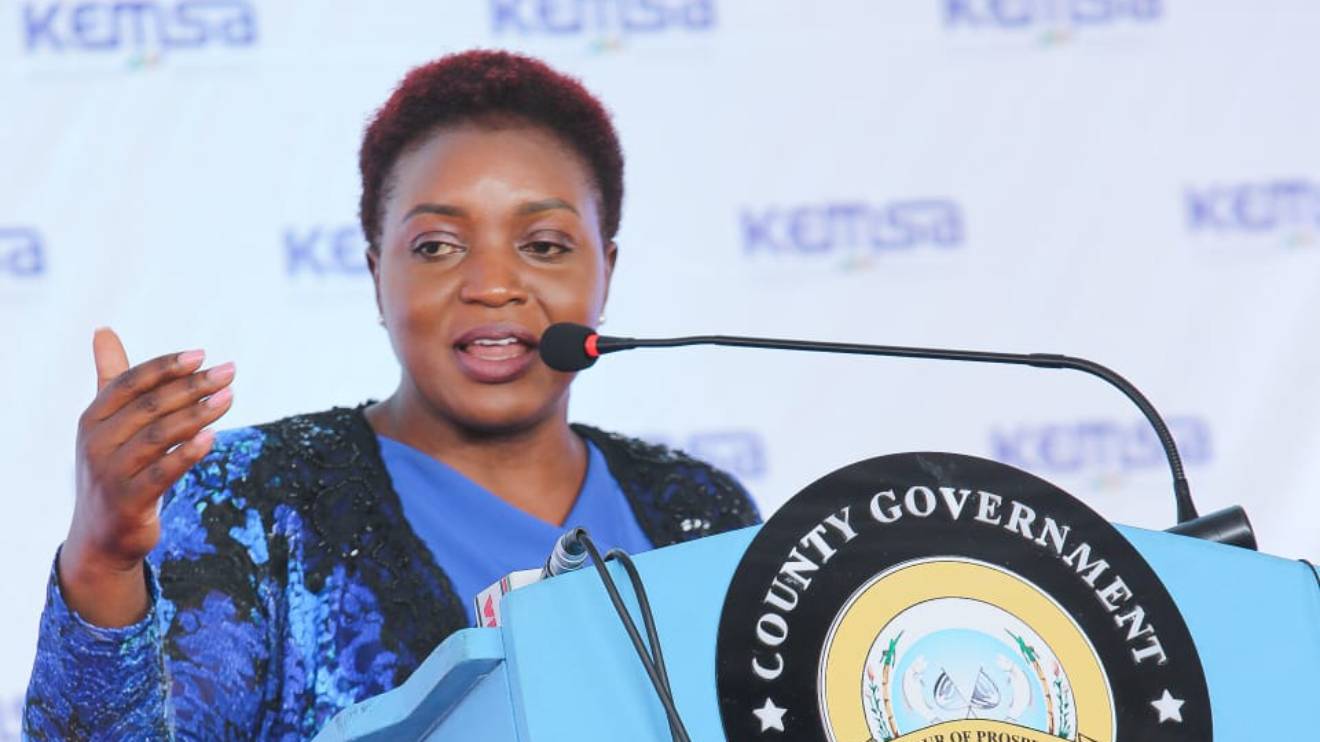


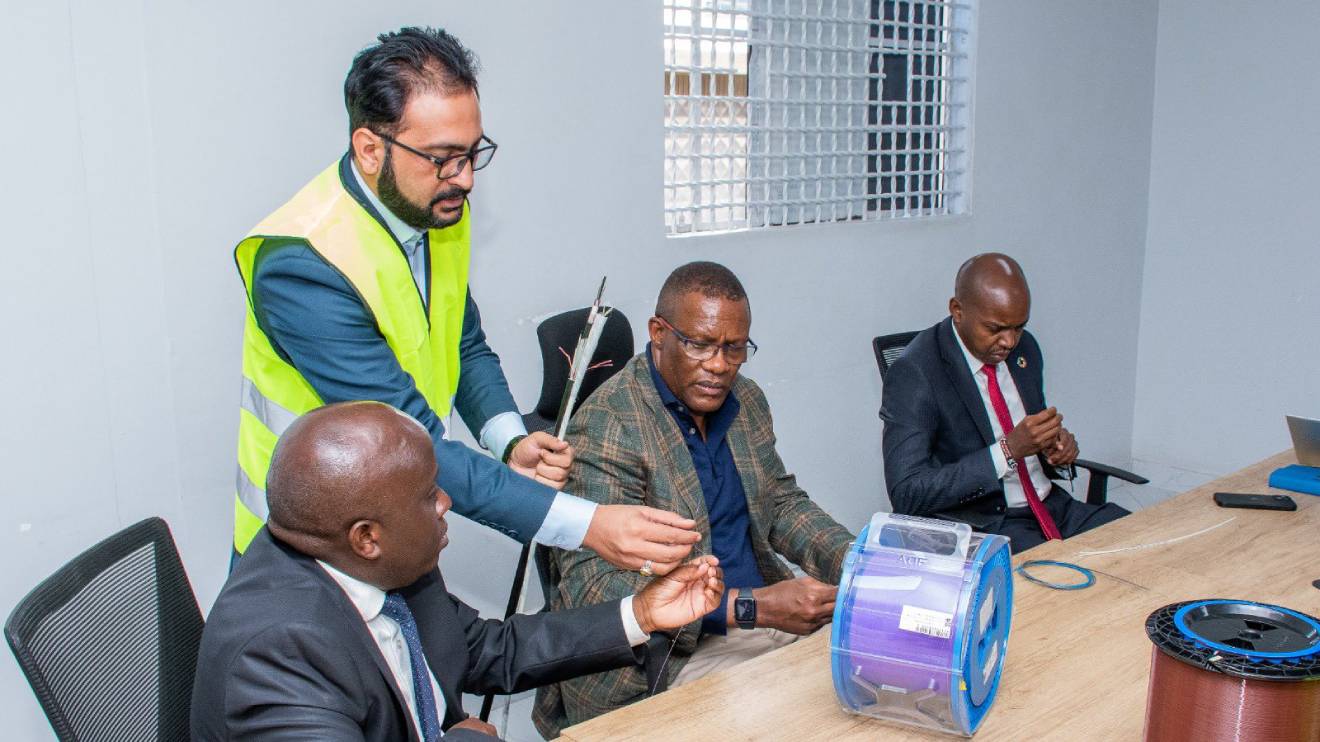
-1679766659.jpg)
